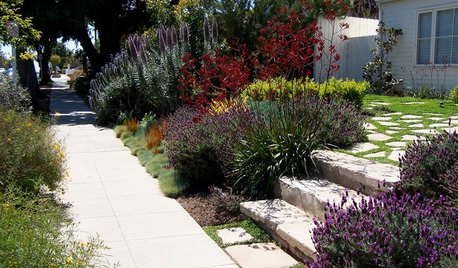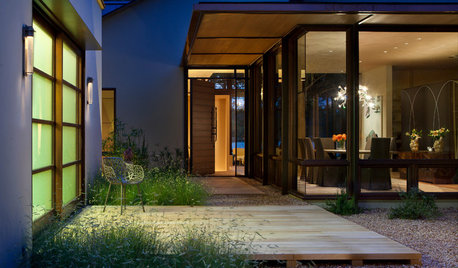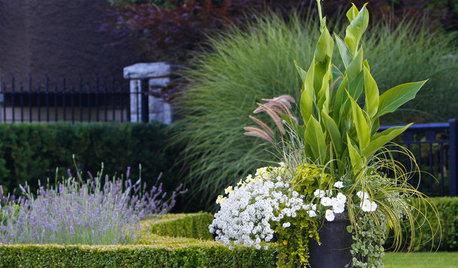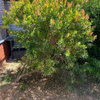Backyard Blitz
gregaryb
17 years ago
Related Stories

ROOM OF THE DAYRoom of the Day: A Peaceful Library Serves as a Couple’s Retreat
Heirlooms, books and other meaningful items all have a place in this cozy Dallas room
Full Story
LAWN ALTERNATIVESStop Fighting the Patchy Lawn!
Here are 3 situations where a garden may be a better idea than more turfgrass
Full Story
LANDSCAPE DESIGNDesign Solutions for the Time-Strapped Gardener
Landscaping for easy maintenance can help make your garden more manageable — and pleasurable to be in
Full Story
GARDENING GUIDESGreat Design Plant: Cannas
Easy to grow and maintain, these showy, colorful plants are perfect for beginning gardeners
Full StorySponsored
More Discussions




gregarybOriginal Author
gregarybOriginal Author
Related Discussions
Weekend Trivia-Saturday
Q
Please help me design a new bed(s) for my front yard
Q
4 wheelers again
Q
Why so many repeats on tv?
Q
Formica
nathanhurst
koeksoetie
gregarybOriginal Author
nathanhurst
trancegemini_wa
justcorreas
nathanhurst
gregarybOriginal Author
lorraine_b
gregarybOriginal Author
CoralCoast_Tropicals
artiew
gregarybOriginal Author
nathanhurst
aeor
aeor
mistymorn
nathanhurst
CoralCoast_Tropicals
Robert_NSW
artiew
gregarybOriginal Author
Frank_S
wazcrazy
gregarybOriginal Author
wattleblossom
nathanhurst
Robert_NSW
gregarybOriginal Author
nathanhurst
gregarybOriginal Author
artiew
nathanhurst
gregarybOriginal Author
Formica
nathanhurst
gregarybOriginal Author
nathanhurst
gregarybOriginal Author
Robert_NSW
nathanhurst
Robert_NSW
Frank_S
nathanhurst
gregarybOriginal Author
artiew
Frank_S